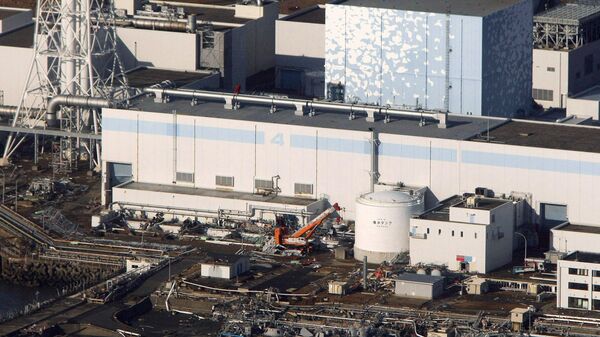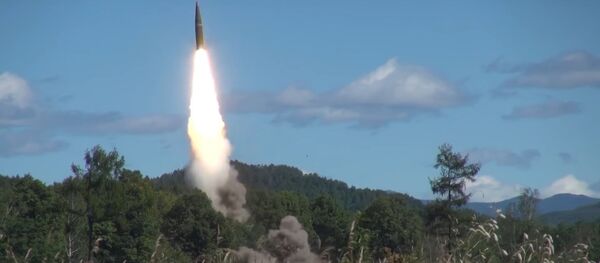On June 3, the Japanese Ministry of the Environment released the outline of its plan to use soil contaminated by the nuclear accident that occured in March 2011 after a tsunami caused the facility's power supply and emergency generators to fail. As a result of the power failure, meltdowns occurred in three reactors, resulting in the release of radioactive material.
In 2011 after the accident, Japan enacted a law that allows the government to use contaminated waste from the Fukushima site for public purposes, Osamu Inoue, environmental law partner at Ushijima & Partners in Tokyo, recently told Bloomberg BNA.
According to the ministry's plan, the contaminated soil will be used to grow horticultural crops in Fukushima Prefecture that won't be consumed by humans. In a similar plan released in 2017, the ministry also suggested that contaminated soil be used for road construction.
However, the use of contaminated soil for road construction and agriculture has been heavily criticized by residents living in close proximity to the project locations with safety concerns.
"Pollutants contained in crops will surely pollute air, water and soil, thereby contaminating food to be consumed by human beings," Kazuki Kumamoto, professor emeritus at Meiji Gakuin University in Tokyo, told Bloomberg Environment. Kumamoto also noted that contaminated crops could release radiation into the environment.
According to Kumamoto, because contaminated soil isn't considered nuclear waste under Japanese law, it doesn't have to be treated by special facilities. While the International Atomic Energy Agency's standard for contamination radioactive waste that needs to be treated by special facilities is 100 becquerels per kilogram, the Japanese limit is much higher, at 8,000 becquerels per kilogram for nuclear waste and soil.
"The relaxed benchmark is one factor triggering safety concerns among residents," Nagasaki told Bloomberg Environment earlier this month.
"The government is saying that the contaminated soil will be covered by materials such as concrete, effectively reducing radiation levels, but many residents near the reuse projects aren't convinced," he added.
In addition, more than 2,300 property owners in the areas where the projects are expected to take place are declining government offers to sell their land because they don't believe they are being compensated appropriately, Yoshiharu Monma, chairman of the Association of Landowners in Fukushima Prefecture, recently told Bloomberg. According to Monma, the government is only agreeing to compensate property owners for half of what the land was worth before the 2011 disaster if the land is to be used for interim storage facilities.
"This is totally unfair and, as much as the landowners are willing to sell their land to facilitate the government's decontamination plans, they won't do so until the government fixes such compensation discrepancies," Monma noted.




